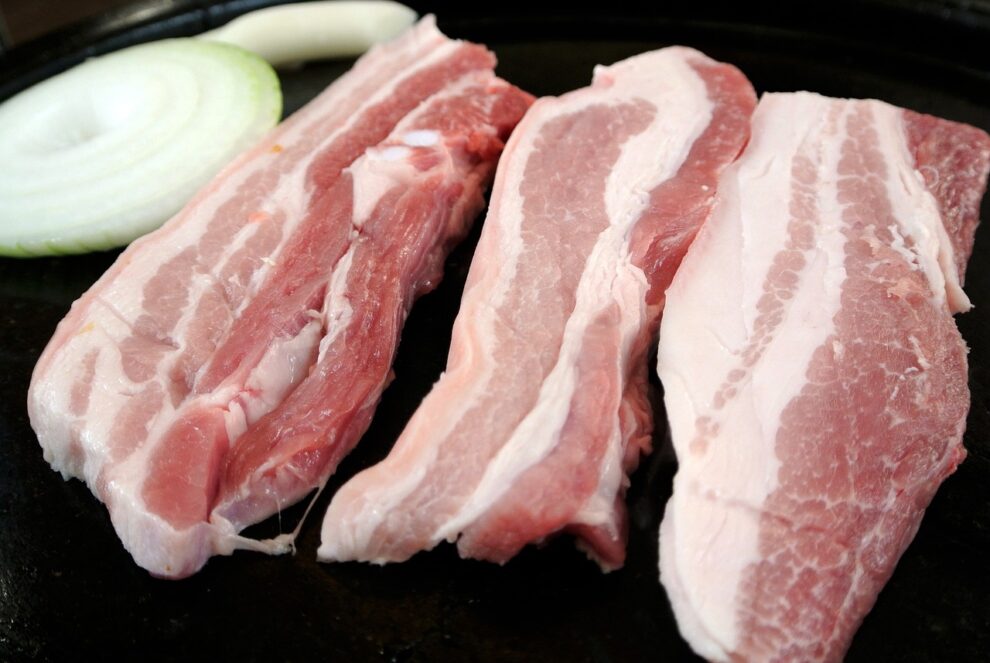Italy on Thursday banned the production and sale of cultivated meat, citing health concerns and a need to safeguard its livestock industry, even if its sale is not yet allowed in the European Union.
With the law, Italy became the first EU country to ban so-called cultivated meat, which is grown from animal tissue cells in a lab.
The law, approved by the lower house of parliament after earlier receiving the Senate’s green light, also forbids labels from describing plant-based proteins as meat, with fines ranging from 10,000 to 60,000 euros ($10,900-$65,000) per violation.
Companies worldwide are trying to commercialise plant-based meat alternatives, due to ethical issues surrounding industrial livestock farming as well as environmental concerns.
Livestock farming is a major contributor to global greenhouse gas emissions.
Cultivated meat is currently allowed for sale in Singapore and the United States, but not in the European Union — even though EU companies have been raising money for research into the new science.
The EU considers lab-grown meat to be a “novel food” and as such any new product would be subject to marketing authorisation by the bloc.
The Italian law says it seeks to “protect the national livestock heritage”, recognising its cultural, socio-economic and environmental value, as well as “ensuring a high level of protection of human health”.
In addition, it says it intends to protect the interests of consumers and their right to information about what they are eating.
Agriculture Minister Francesco Lollobrigida, a member of Prime Minister Giorgia Meloni’s far-right Brothers of Italy party, said Thursday that cultivated meat “interrupts the virtuous relationship between land, man and work that for millennia has accompanied us and allowed us to maintain the land”.
The president of Coldiretti, Italy’s main agricultural lobby, later physically confronted two members of the More Europe party outside parliament who were protesting the bill, calling them “clowns”.
Coldiretti, which represents livestock farmers, has attacked what it calls “Frankenstein” meat and says the law represents “a commitment to defend the Mediterranean diet”.
The lobby had called on farmers to rally in front of parliament ahead of the vote to “stop a dangerous deviation that endangers healthy eating and the future of Made in Italy food”.
Members of the opposition, however, accused the government of playing politics ahead of European elections next year, and of stifling innovation and depriving consumers of choice.
The head of the Democratic Party on the agricultural commission, Stefano Vaccari, said Lollobrigida was engaged in “propaganda”, saying the law did not match “the need to guarantee, globally, healthy and nutritious food from sustainable and quality agricultural activities”.
The International Organization for the Protection of Animals, an Italian nonprofit, criticised the law as pointless.
“This ban is completely useless today, since cultured meat has not yet been approved for human consumption in Europe and therefore cannot be marketed,” it said, adding that if it is allowed in the bloc, Italy will not be able to prohibit it.
According to the Good Food Institute, 159 cultivated meat companies are currently operating in 32 countries. Investment in the sector has reached $2.8 billion worldwide, with 120 million euros raised in Europe last year, it said.
